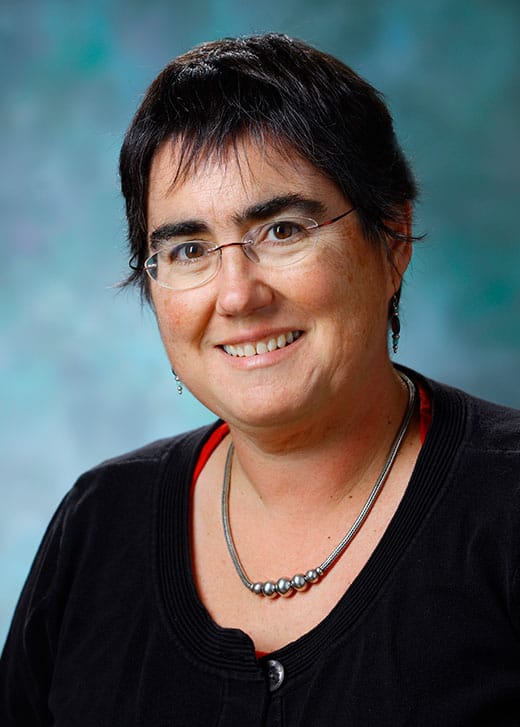Historical Perspectives On Contemporary Issues
Aristotle's Masterpiece: Early Modern Sex Ed
Follow along with Professor Mary Fissell as she discusses her research on Aristotle's Masterpiece, a late 17th century sex, midwifery, and childbirth manual popular in England and America from its publication until well into the 20th century.
Dr. Fissell explores the ways in which readers used their copies of the book to record births and vows of love and companionship, performing a similar function to the family Bible. Dig into the similarities and differences between copies of the Masterpiece held at Kislak Center for Special Collections at the University of Pennsylvania, the Library Company of Philadelphia, the College of Physicians of Philadelphia, and the Institute of the History of Medicine at Johns Hopkins University.
Questions or comments about this event or others like it? Let us know.
Featuring
 Mary Fissell
Johns Hopkins University
Mary Fissell
Johns Hopkins University
Insights from the Collections
The Consortium's collections provide many opportunities to learn more about the history of early modern science and medicine.
Our cross-instiutional search tool allows researchers to investigate materials across multiple institutions from a single interface. With more than 4.4 million catalog records of rare books and manuscripts, the Consortium's search hub offers scholars and the public the ability to identify and locate relevant materials.
Search the Consortium search hub.
Some archival materials related to this topic include:
Search over 200+ copies of Aristotle's Masterpiece in the archives of member institutions here.
Browse the University of Oklahoma Libraries' 1788 English edition of Aristotle's Masterpiece here.
William Shippen Journal, American Philosophical Society
Hewson Family Papers, American Philosophical Society
"Aristotle"'s Bestselling Sex Manual, Wellcome Collection
Ambroise Paré's Medical "Monsters", Wellcome Collection
A Grotesque Accouchement. Oil Painting., Wellcome Collection
A woman with scales on her upper body and grossly enlarged lower limbs. Watercolour, 1695., Wellcome Collection
Nicholas Culpeper's English Physician (1789), Wellcome Collection
Related publications from our speaker:
Vernacular Bodies: The Politics of Reproduction in Early Modern England, by Mary Fissell; Oxford, 2004.
Patients, Power and the Poor in Eighteenth-Century Bristol, by Mary Fissell; Cambridge, 1991.
See also recent work from our fellows:
The Natural Science of the Biblical World in Late Renaissance Italy, Andrew Berns
Gifted Women and Skilled Practitioners: Gender and Healing Authority in the Mid-Atlantic Region, 1740-1830, Susan Brandt
Being and Becoming a Midwife in 18th Century France: Pedagogical Practices and Objects, Scottie Hale Buehler
A Gendered History of Pathology: Women, Hormones and Blood Clots, 1784-1963, Kate Grauvogel
The Cure Gone Awry: Gender, Dis/ability, and the Ailing Empire in Medieval and Early Modern Europe, Alani Hicks-Bartlett
Jewish Midwives, Medicine and the Boundaries of Knowledge in Early Modern Europe, 1650-1800, Jordan Katz
Resources for additional study:
Treasures from the Library Company of Philadelphia: Aristotle's Masterpiece
Excerpt on Aristotle's Masterpiece from the 2015 Annual Report of the Library Company of Philadelphia
Mary E. Fissell is professor in the Department of the History of Medicine at the Johns Hopkins University, with appointments in the history of science and the history departments. Her scholarly work focuses on how ordinary people in early modern England understood health, healing, and the natural world. In her project on Aristotle's Masterpiece, she connects the histories of gender, the body, and sexuality with those of popular culture and cheap print in the Atlantic world.